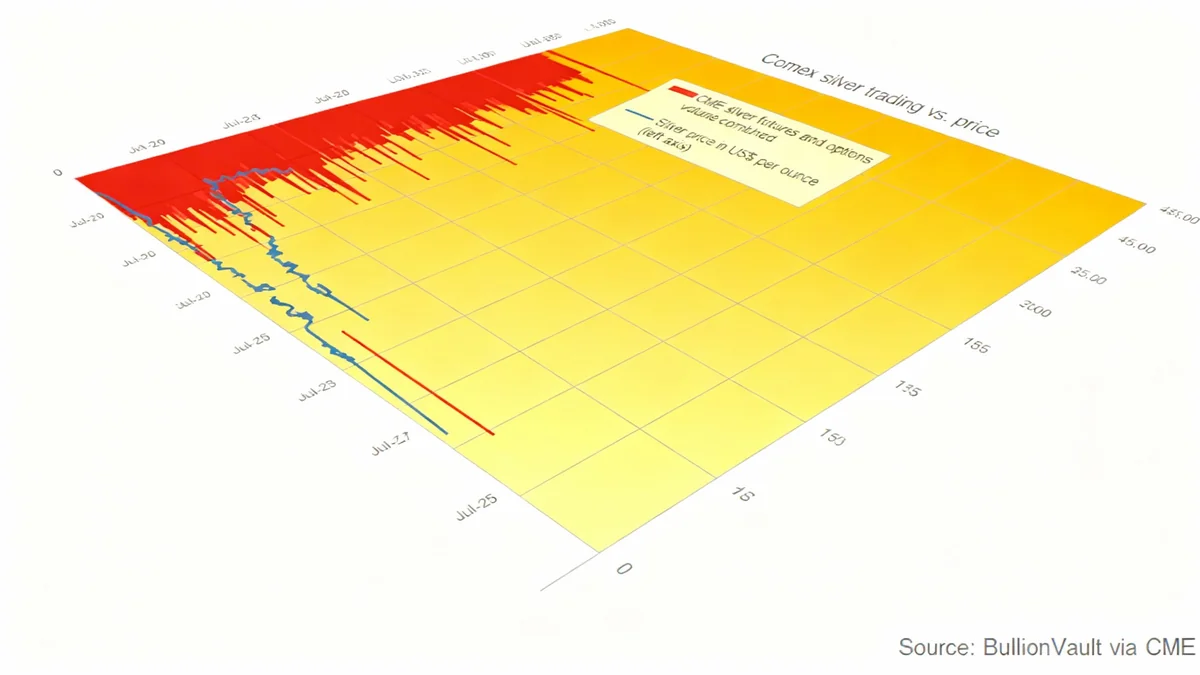Investors are closely watching several key events today, including a crucial shareholder vote at Tesla regarding CEO Elon Musk's compensation and a Supreme Court hearing that could determine the fate of Trump-era tariffs. These developments, alongside significant stock movements in the tech and media sectors, are setting the stage for a volatile trading session.
The outcomes of these events could have wide-ranging implications, from corporate governance standards at major tech firms to the pricing of consumer goods across the United States. Meanwhile, earnings reports and strategic partnerships continue to drive individual stock performance, creating distinct winners and losers in the market.
Key Takeaways
- Tesla shareholders are voting on a controversial multi-billion dollar pay package for CEO Elon Musk.
- The Supreme Court is hearing arguments on the legality of tariffs implemented during the Trump administration.
- Snap shares surged following a strong revenue report and a new AI partnership, while Pinterest stock fell on weak guidance.
- Warner Bros. Discovery missed earnings expectations as it weighs a potential acquisition offer from Paramount Skydance.
Tesla Shareholders Face Trillion-Dollar Question
A shareholder meeting at Tesla today will decide the fate of a proposed compensation plan for CEO Elon Musk. The plan, structured over a decade, involves granting Musk 12 tranches of company shares if specific, ambitious milestones are met. The total value of the package is estimated to be approximately $56 billion, making it one of the largest in corporate history.
The vote is being presented to investors as a ratification of the plan, which was previously approved in 2018 but later voided by a Delaware court. The company is asking shareholders to reaffirm their support for the package. Results of the vote are expected to be announced after the meeting concludes this afternoon.
Significant Opposition Emerges
Despite the company's recommendation, the proposal faces considerable opposition. Prominent proxy advisory firms, including Glass Lewis and Institutional Shareholder Services (ISS), have advised shareholders to vote against the package, raising concerns about its size and governance implications.
Adding to the dissent, Norway’s sovereign wealth fund, one of Tesla’s largest institutional investors with a 1.14% stake, publicly announced its intention to vote against the pay plan. The fund's decision highlights a growing divide between institutional investors and the company's board over executive compensation.
Background on the Pay Package
The compensation plan was first established in 2018 and tied directly to Tesla's market capitalization and operational goals. While the company achieved these ambitious targets, a Delaware judge invalidated the package earlier this year, ruling that the approval process was flawed. Today's vote is an attempt to address the legal challenges and secure shareholder approval once again.
Supreme Court Scrutinizes Trump-Era Tariffs
In Washington, the Supreme Court heard oral arguments on Wednesday regarding the legality of tariffs imposed by the Trump administration. During the session, justices appeared to question the legal foundation of the levies, which have impacted a wide range of imported goods and influenced consumer prices.
The case could have significant consequences for international trade policy and the pricing power of retailers. If the court rules against the tariffs, it could lead to their removal and potentially trigger refunds for duties already paid, affecting companies across various sectors.
Retail Impact
Tariffs have been a major factor in rising prices for U.S. consumers. Some retailers, like Amazon, have reportedly seen prices climb at a faster rate than their competitors as they pass on the costs of these import duties to customers.
Diverging Fortunes in Social Media and Entertainment
The technology and media sectors experienced significant volatility, with individual company news driving large stock price movements. Social media company Snap saw its shares jump nearly 20% in after-hours trading.
The surge was fueled by a third-quarter revenue report that surpassed analyst expectations. Further boosting investor confidence was the announcement of a $400 million partnership with Perplexity AI. According to Snap, the deal will integrate the AI startup's conversational search technology directly into the Snapchat platform starting early next year.
Pinterest and Warner Bros. Face Headwinds
In stark contrast, Pinterest shares plummeted more than 20%, marking the company's second-worst trading day on record. The sharp decline followed a disappointing earnings report and weak forward-looking guidance that concerned investors about its future growth prospects.
Meanwhile, Warner Bros. Discovery (WBD) also faced a difficult day. The media giant reported a third-quarter adjusted loss of 6 cents per share on revenue of $9.05 billion, missing Wall Street estimates on both fronts. The poor results come at a critical time for the company, which is currently evaluating its strategic options.
Sources familiar with the matter indicate that WBD is considering whether to split the company, sell off certain assets, or pursue a full sale. Paramount Skydance has reportedly submitted a $23.50 per share acquisition offer to the WBD board, arguing it is in the best interest of shareholders.
The company is expected to announce its decision on its future path before Christmas, creating further uncertainty in the media landscape.
Air Travel Disruptions Loom
The transportation sector is bracing for potential disruptions amid ongoing government shutdown concerns that have led to air traffic control staffing shortages. Transportation Secretary Sean Duffy announced that flight capacity at 40 major U.S. airports will be reduced by 10% starting this Friday.
Flight Reductions by the Numbers
- Affected Airports: 40 major hubs
- Capacity Reduction: 10%
- Estimated Daily Impact: 3,500 to 4,000 flights
Duffy described the move as a “proactive” measure to manage the system safely but warned that travelers should expect an increase in flight cancellations. The specific airports affected by the reduction have not yet been named.
The president of the National Air Traffic Controllers Association stated that even after the shutdown ends, it could take several weeks for the air travel system to fully recover and return to normal operational capacity, suggesting prolonged challenges for travelers and airlines alike.





